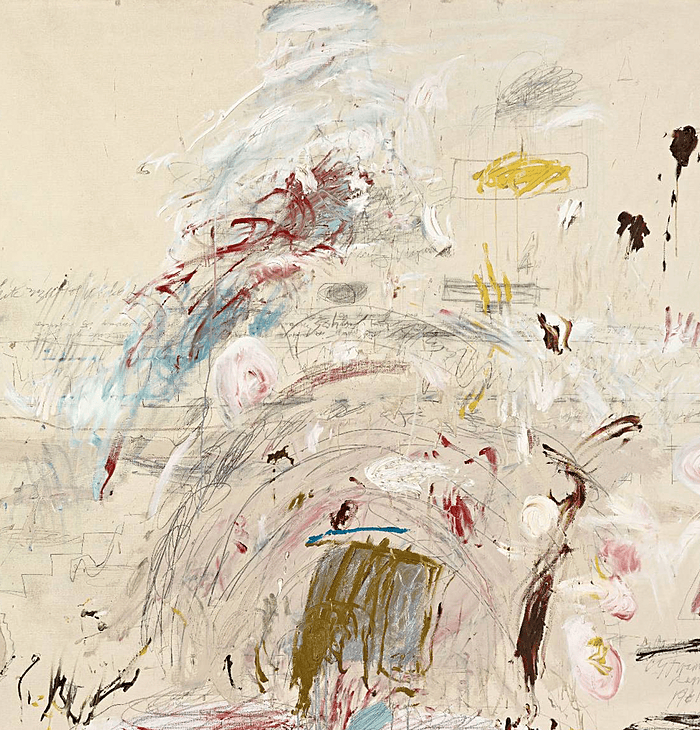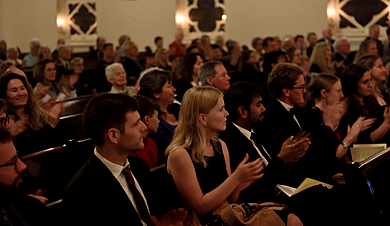Dr Jason Pedicone, renowned scholar and classicist and co-founder and President of the Paideia Institute, delivers a lively and compelling lecture exploring philology and its relation to society and technology from ancient times up to the present day.
Dr Pedicone begins by defining the subject of philology - the study of language in its historical context - before embarking on a historical tour of philological interventions – times when people have decided to pay particularly close attention to language for societal, historical or technological reasons. This fascinating exploration begins in the ancient Greek and Roman worlds and journeys through the medieval period and the modern era right up to the present day. Pedicone’s illuminative examples of philological interventions range from Jerome’s translation of the Bible into Latin, Charlemagne’s use of philology to bring order to Europe, Erasmus’ philological influences on the Reformation, and Friedrich August Wolf’s killing of Homer, and clearly demonstrate the power of philology to both interpret history and to exert significant political and societal influence.
After traversing history, Dr Pedicone’s talk arrives at the present moment and turns to the subject of AI and what this might mean for the humanities and, more broadly, for society as a whole. This part of the address takes the form of a rich and thoughtful group discussion with a variety of engaging and often profound questions and comments. Themes covered include attention spans, human intelligence, the difference between knowledge and wisdom, polarization, personal agency, and the construction of meaning. Dr Pedicone acknowledges the very real challenges posed by the advent of AI, in particular the effect of AI on the labor market and the associated psychological impacts. However, he also sees opportunities, solutions and ways forward, and ends with a positive thought that the study of the humanities in particular will act as a welcome buffer against this possible AI-induced ennui.










